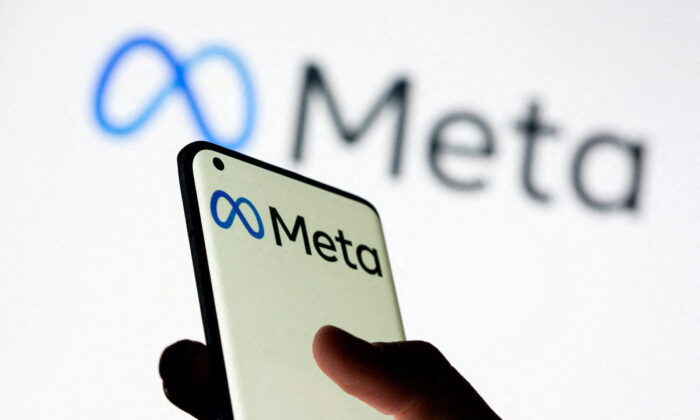Meta says it has given users options for more political content recommendations, and only limited enforcement to force offenders to account for content violations.
Meta, the parent company of Facebook and Instagram, said on December 3 that innocuous content was too often removed from its platform by mistake during elections around the world and promised to boost its content moderation practices. ,
Nick Clegg, Meta’s president of global affairs, said the tech giant worked throughout the event to “fairly” update and adhere to its content policies to protect the autonomy of users’ voices on its platform. Is.
To tackle the problem, Clegg said Meta has announced political content moderation on Facebook, Instagram and Strings to provide users a way to get more political content recommendations.
The tech giant has also updated its consequences gadget to ensure that consequences will only be applied to customers who consistently violate company policy.
Clegg said Meta got rid of 20 covert influence campaigns globally on this occasion. Russia remains the “number one source” of these operations, with 39 networks disrupted since 2017, followed by Iran and China.
He said several Russian state media retailers were ousted from Meta-owned platforms ahead of the US presidential election over alleged international interference.
Clegg said Meta would continue to update its moderation policies in the coming months to strike a balance between protecting users from disinterested voices and fraudulent data, even though he thought “no platform should ever ( It) will not get the timing right 100 percent of the time.”
COVID-19 content
Via a press call on Monday, Clegg said that Meta may have over-enforced its content moderation policies during the COVID-19 pandemic, leading to the removal of massive amounts of content.
The tech giant became well aware of its errors and then received proceedings from customers whose posts were wrongly removed from its social media platform.
Zuckerberg said the government’s policy was “wrong” and expressed regret at having to accede to these demands.
Zuckerberg said that Meta would step back if the federal government once again attempted to intervene. White Space defended its exit by declaring that it inspired accountability movements to protect public health and safety.
Meta censored content about COVID-19, lockdowns, or vaccines or otherwise going against its policies during the pandemic.
Stephen Cate and Reuters contributed to this record.


